Tyler Clementi's death was the first time I ever went to an LGBTQ+ rights rally on my own.
It was 2010 and I had recently started going to my college's LGBTQ+ student group after my boyfriend and I broke up. I was looking to figure out who I was when I wasn't assumed to be part of a plural. At the time, I didn't think about myself as the type of person who waves protest signs or scowls at world leaders while delivering barn-burning climate change speeches. I thought of myself as being casually queer -- that I was bisexual in the same way that I liked British rock music. The Stone Roses are great and all, but surely not something to march in the street over?
That changed after news broke that Clementi, an 18-year-old student at Rutgers University, took his own life after being outed by his classmates as gay. The story sparked a nationwide movement to combat bullying against LGBTQ+ youth, inspiring the "It Gets Better" campaign and a suicide prevention foundation founded by his mother, Jane.
It also was the impetus for Spirit Day. Following the suicides of four other LGBTQ+ young people, Canadian teenager Brittany McMillan encouraged students to wear purple to raise awareness about anti-LGBTQ+ violence and harassment in schools. At the time, statistics showed that nearly three in four LGBTQ+ students felt unsafe at their middle or high school campus. The idea for Spirit Day took flight after McMillan's call was signal-boosted by the national nonprofit GLAAD and is now observed on the third Thursday of every October.
Clementi's death was an activating moment for a great many LGBTQ+ people who passively assumed the steady tide of progress would favor us -- or who felt that any real gains in the movement were so far off that they weren't worth hoping for. At the time, same-sex couples could only marry in six states, and many people thought they wouldn't see marriage equality in their lifetimes. This was only two years after Prop. 8, when we saw how easily our wins could be taken away.
Because I'd allowed myself to believe my rights either weren't worth getting too invested in or that other people would do the work for me, I couldn't initially see how much Clementi's story was my own -- that his fight was my fight. I, too, was queer youth bullied for being different. The kids who threw my backpack in the trash nearly every day didn't call me a "f****t" when they did it, but they targeted me because I wasn't like other boys and didn't enjoy the things they did. I read Agatha Christie books and liked Fiona Apple and Madonna. I watched romantic comedies and vampire soap operas with my grandmother after school.
I spent most of middle school and the early part of high school wanting to die, sleeping with a bottle of aspirin in my hand and praying it would somehow find its way into my mouth. I was too scared to leave, but I just wanted everything to not be so hard all the time. Everything about other kids' lives seemed easy -- from their haircuts to their crushes on Teen Beat-approved bowl-cut beaus -- and it always felt like I was pushing a boat up a mountain.
That changed when I came out at 14 and let other people get to know the real me. For a time in high school, my mother used to run a flea market on the weekends in a neighboring town and I would go with her on the weekends to listen to Jennifer Lopez in the parking booth and practice throwing paper plates into nearby trash cans.
I struck up a friendship with a reclusive writer who sold used airport novels, and having nothing else to do, we would sexually survey the passersby. I would vehemently refuse to comment on the male specimens of rural Ohio, so terrified that even the slightest hint I could possibly be interested in someone of the same gender would strip away my mask. One day she told me candidly that it was OK to be revealed. "Don't worry," she said. "No one else is listening but us." No one had ever given me permission to be myself before, and I had never considered that was even possible.
What the vigils planned in the wake of Clementi's death showed me wasn't just that he and I both knew the pain of being forced to hide but also that visibility could be leveraged as a powerful political tool. Gathering with friends, classmates, and faculty in my university's quad showed me how nourishing and healing it could be to stand side by side with other people mourning your same struggles, to join together in a march for justice, and to be again be given the space to be seen.
I saw so many people around me become bolder and more unapologetic after that event. After the 1998 killing of Matthew Shepard, Clementi's story put another human face on what we were working toward: a world where your identity shouldn't be used as a weapon against you. No one should have to be given permission to be free. It should be an inalienable fact of existence, and yet it continues to be denied to too many people.
The LGBTQ+ movement would make historic, unprecedented gains in the coming years, some of which have been rolled back under the current administration. Although the United States has yet to pass a federal nondiscrimination law, nearly half of states have passed their own legislation to make sure LGBTQ+ people are protected in their schools, workplaces, and homes. Eighteen states have made it illegal for doctors and therapists to tell LGBTQ+ youth they can be cured. Four years ago, the Supreme Court told LGBTQ+ Americans they deserve to be loved and that they deserve a government that will recognize and honor that love.
Every year on Spirit Day, I think of how many people across the country have woken up to the necessity of basic equality. But as those around me honor the people we have lost by wearing purple and by speaking their names, I remember that this nationwide movement of love and support once felt impossible -- like a dream I couldn't admit I had. I can't wait to see what impossible things become real next.
RELATED | 10 of Our Favorite Spirit Day Posts Supporting the GLAAD Initiative




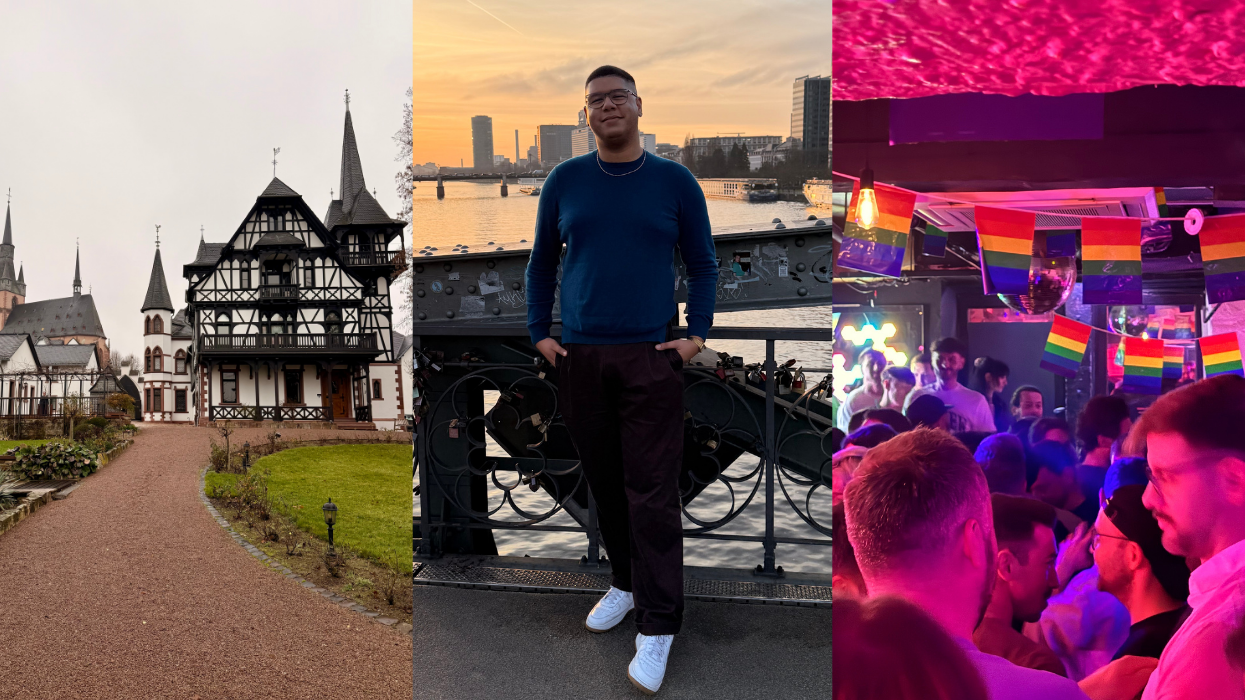
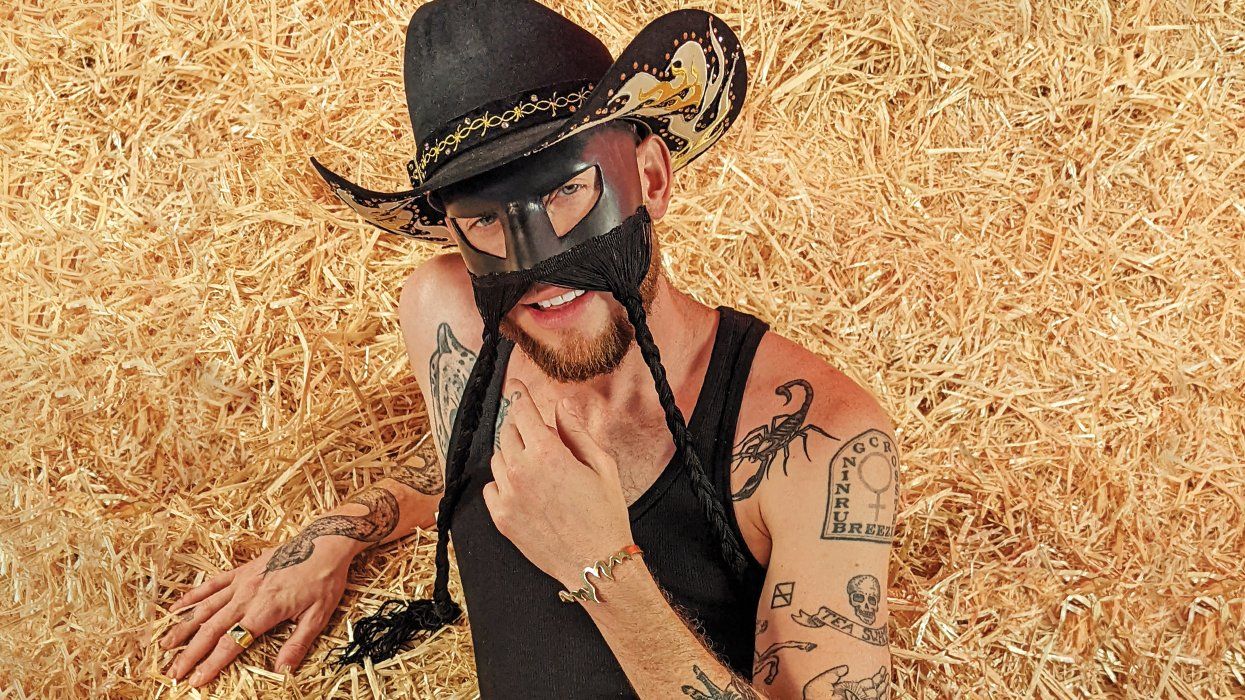

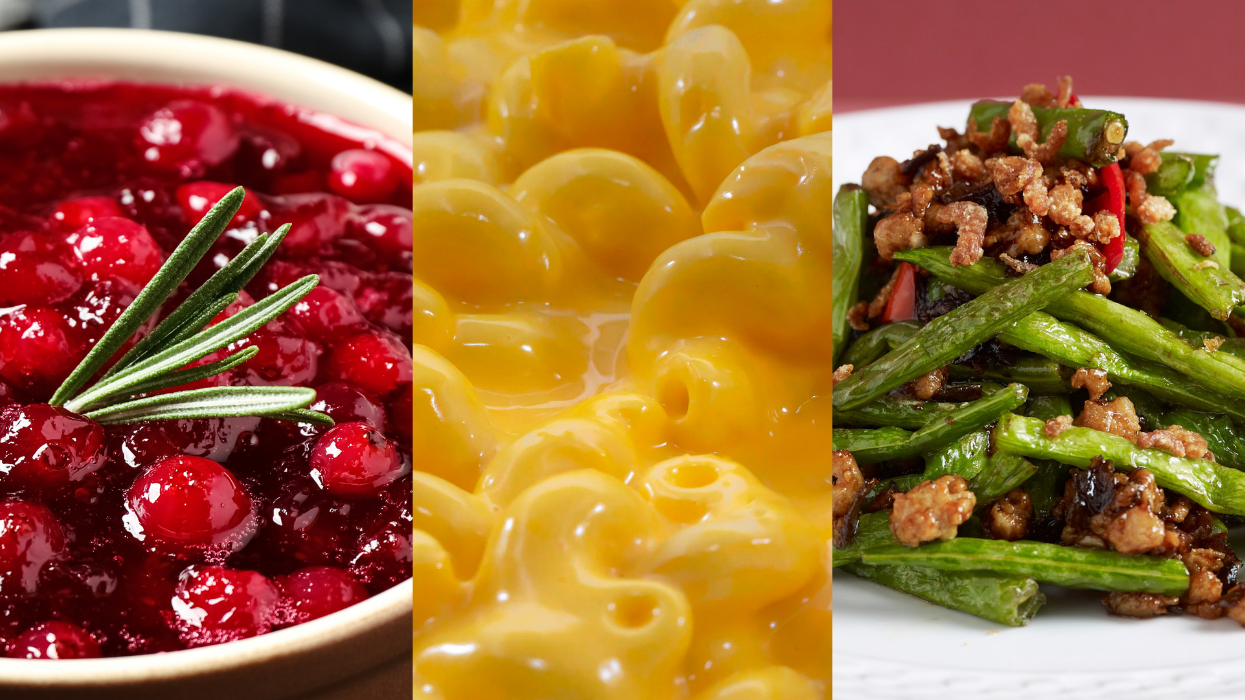

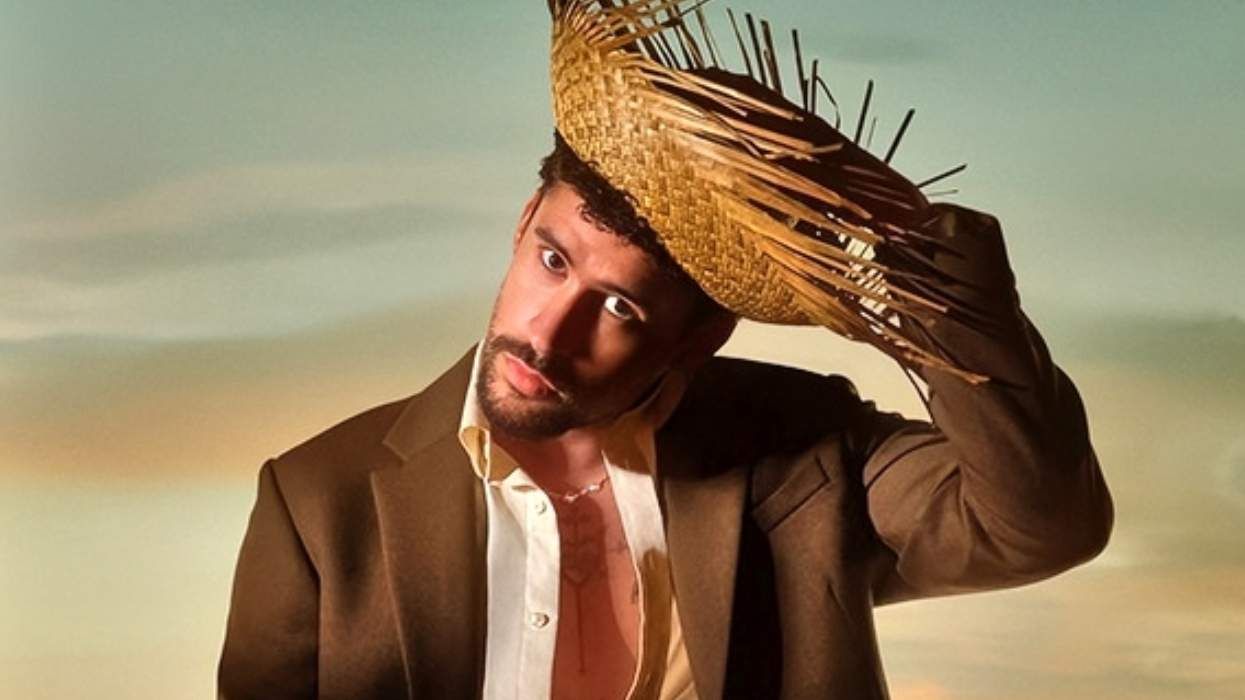
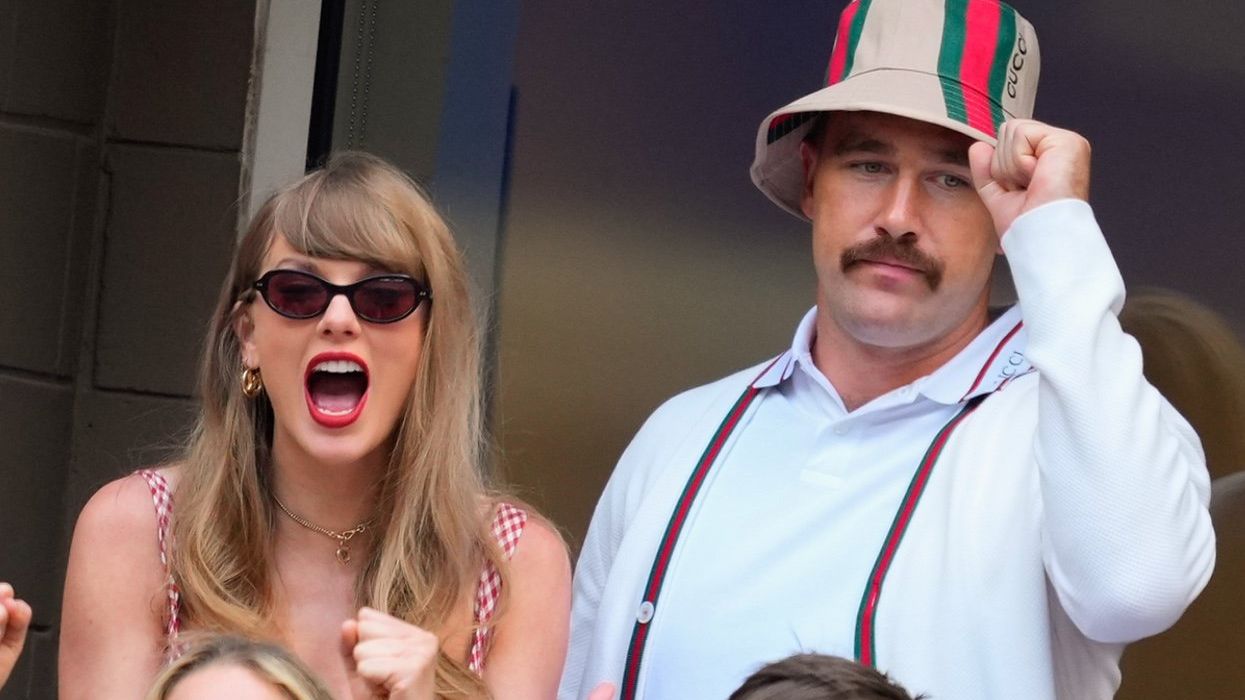
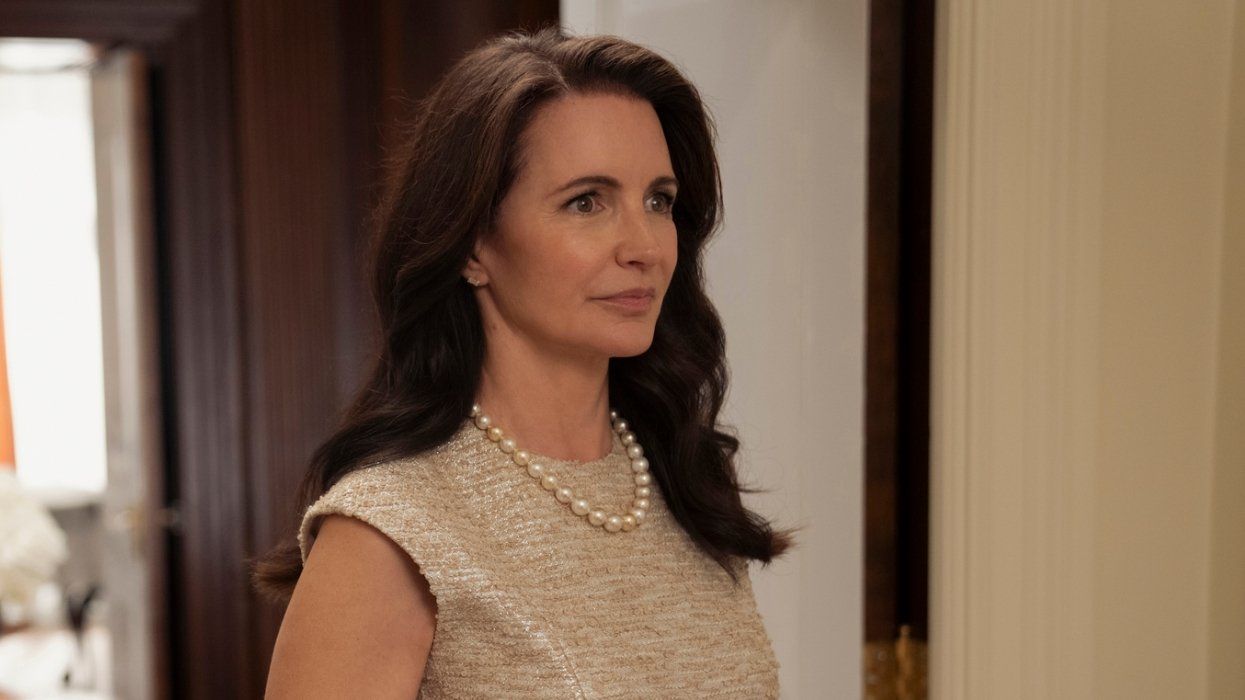




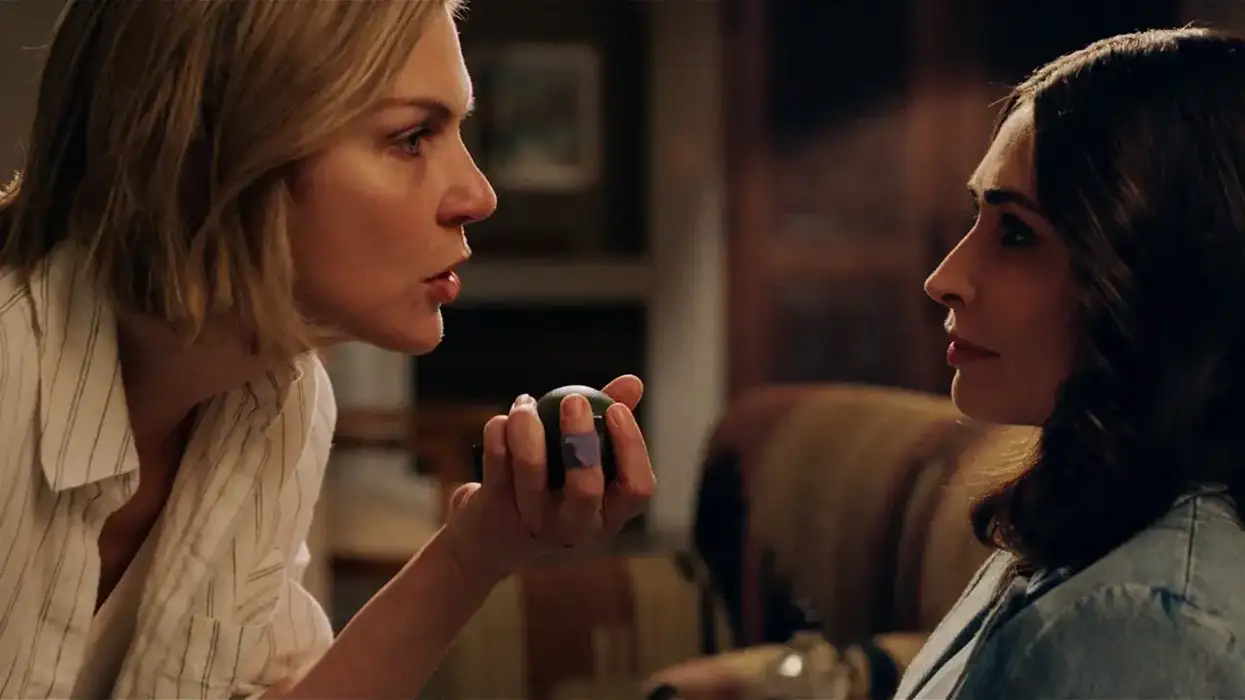

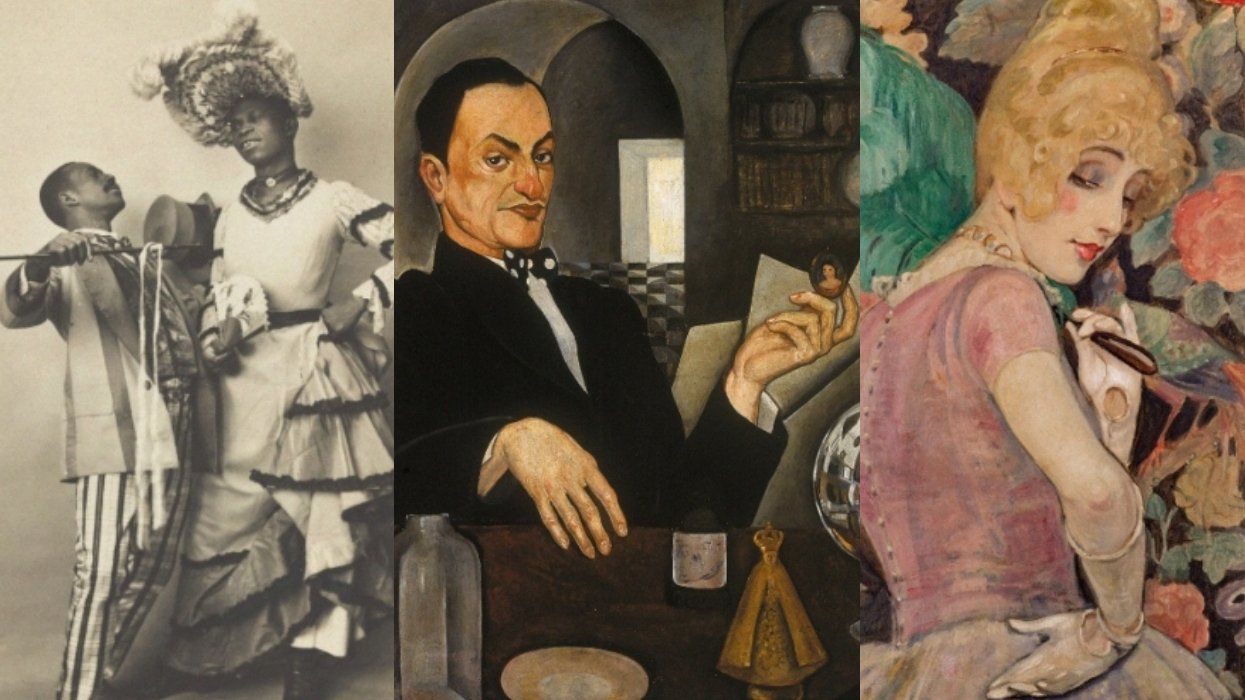


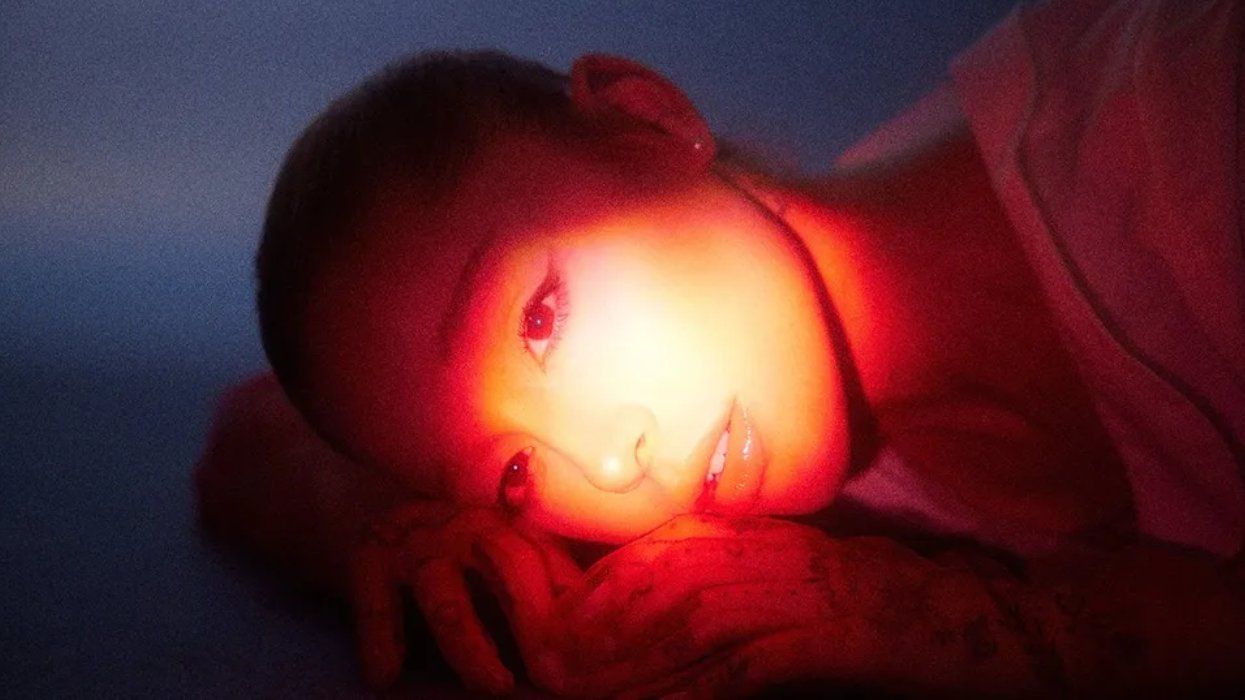
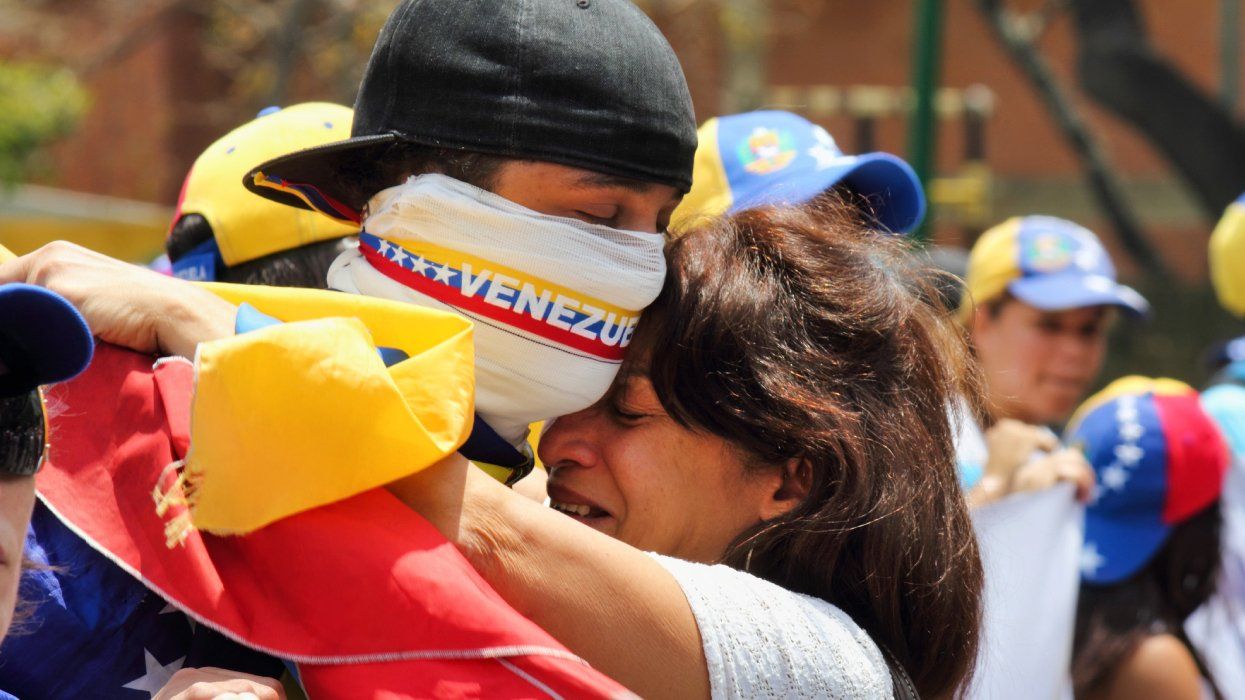
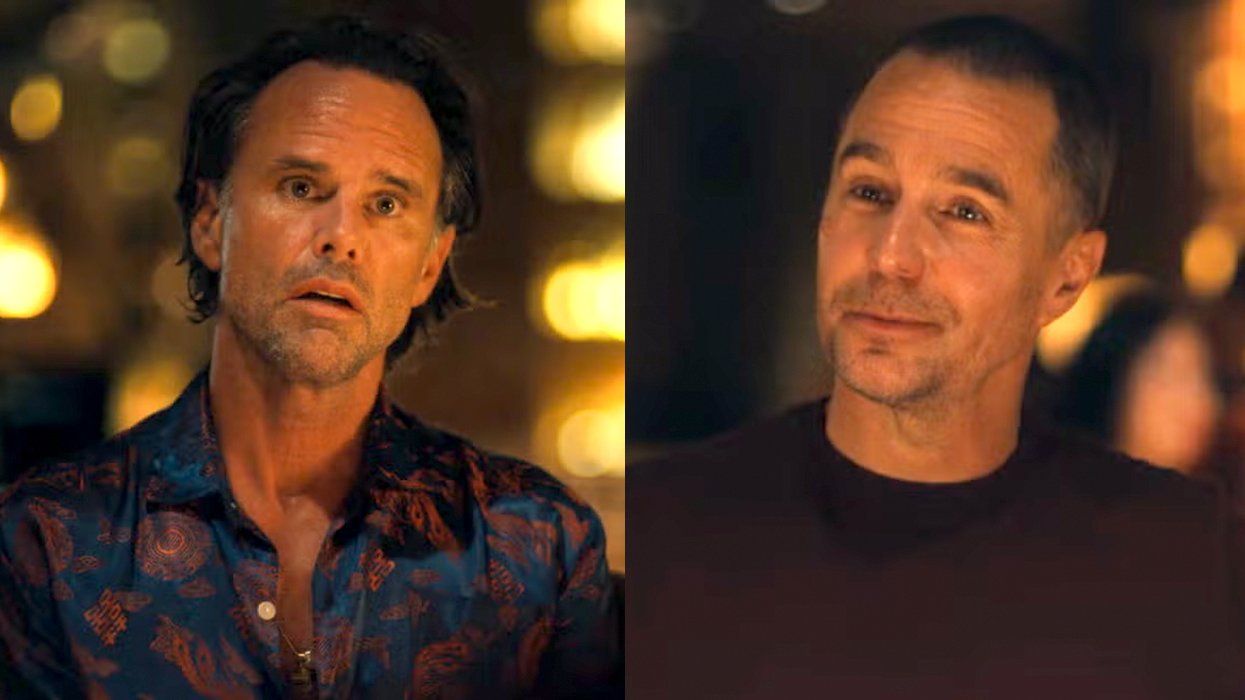

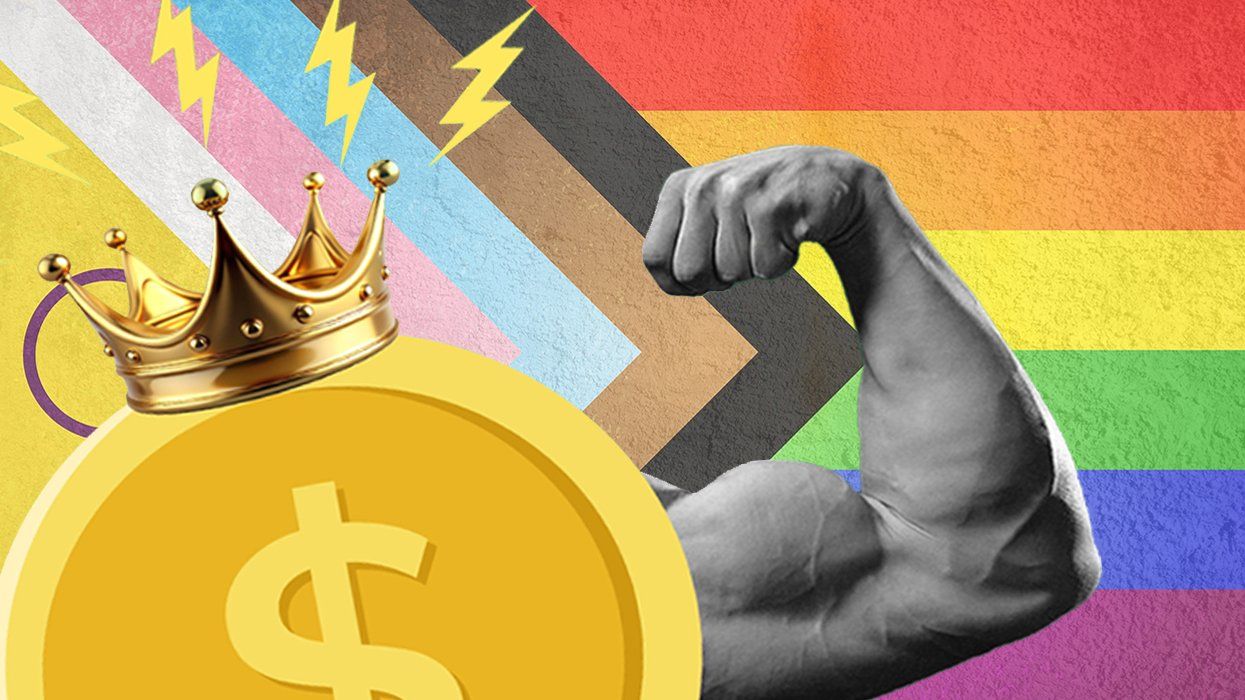
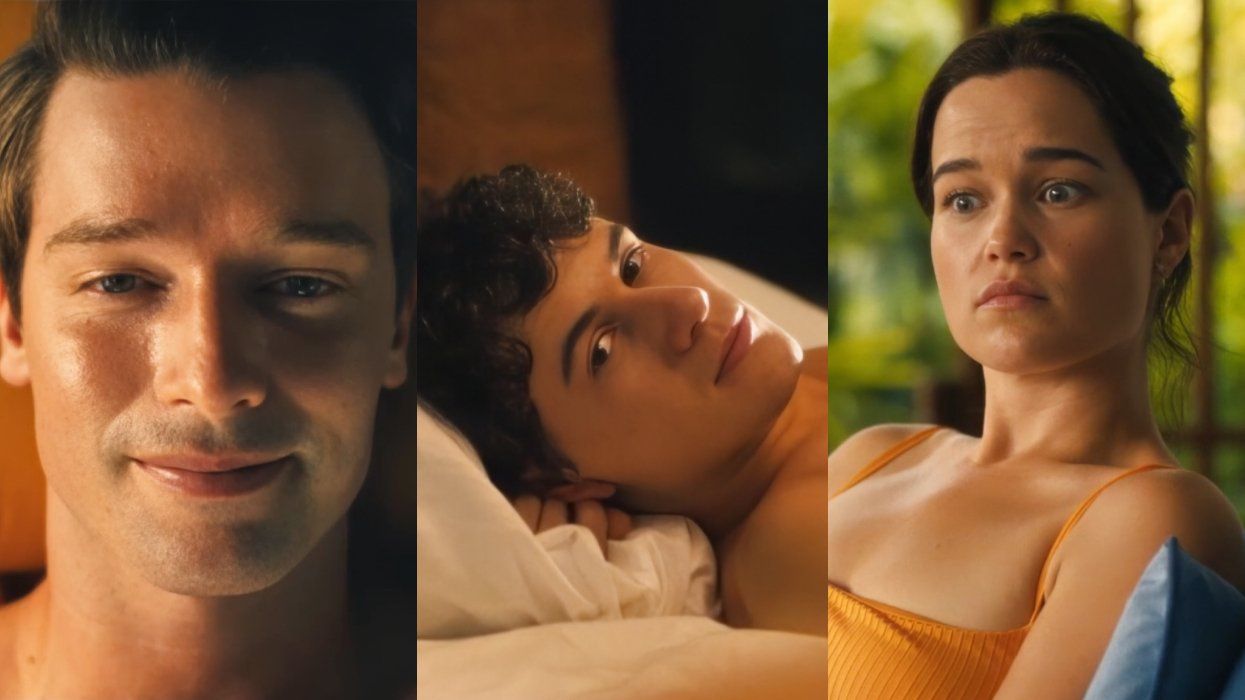



Spirit Day Is a Reminder of Why LGBTQ+ People Fight for Equality
No one should have to be given permission to be free. It should be an inalienable fact of existence, and yet it continues to be denied to too many people.